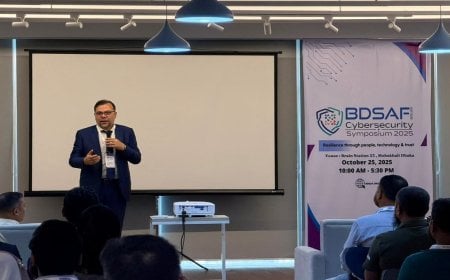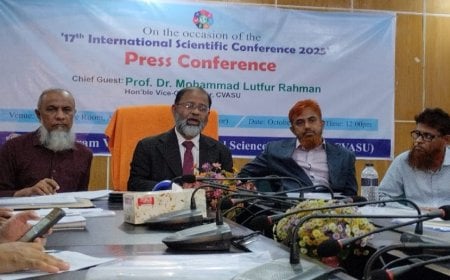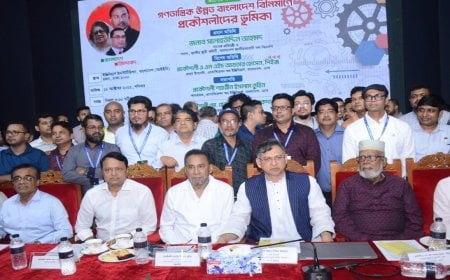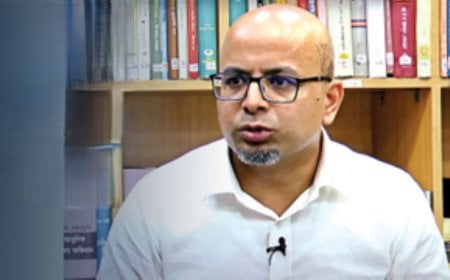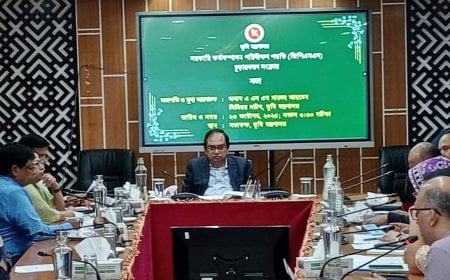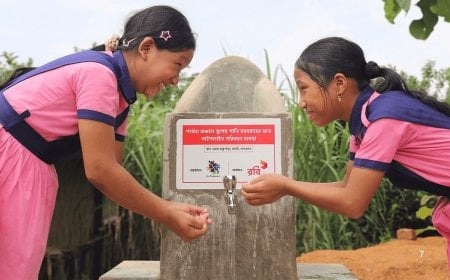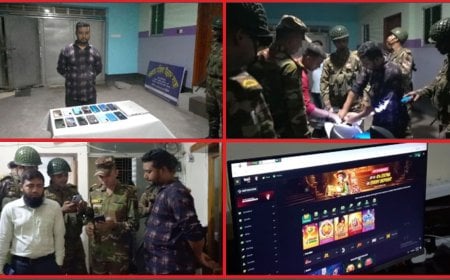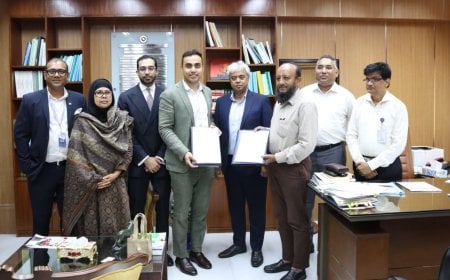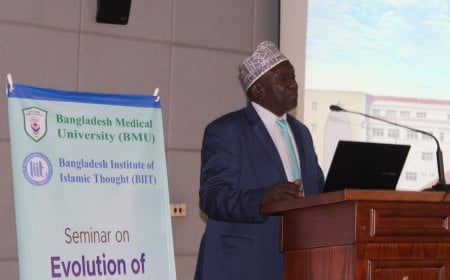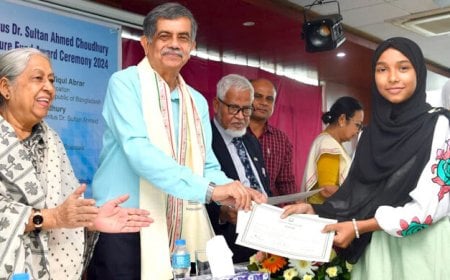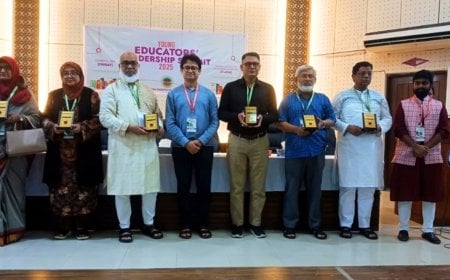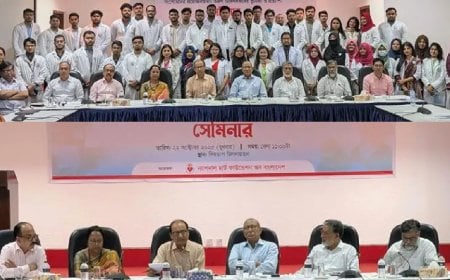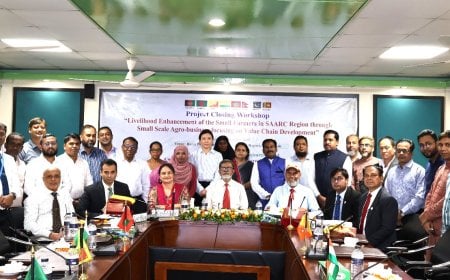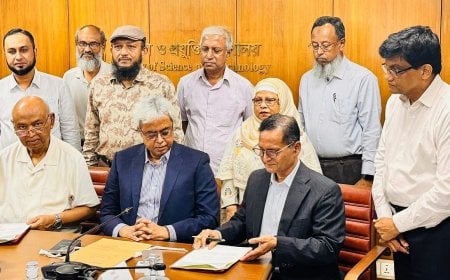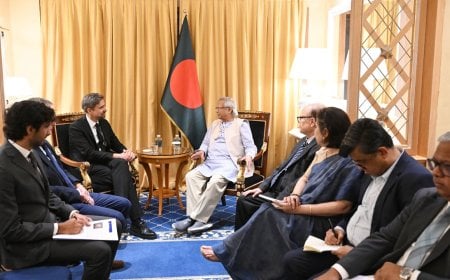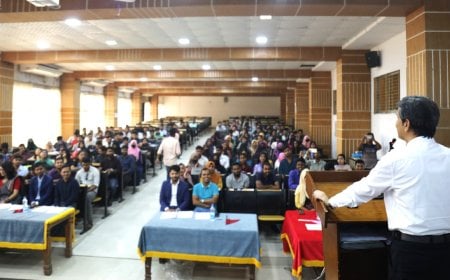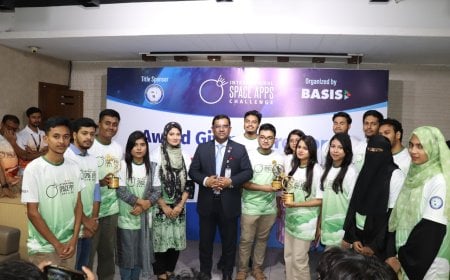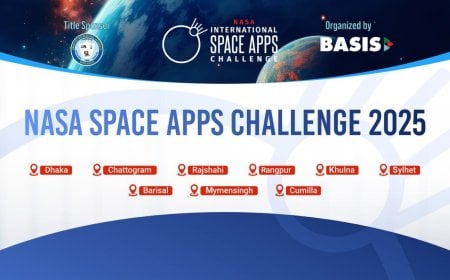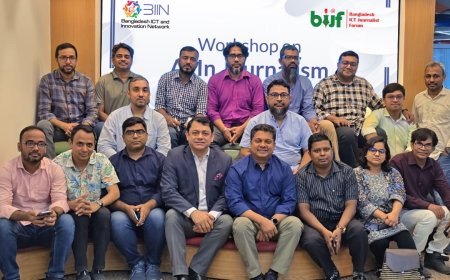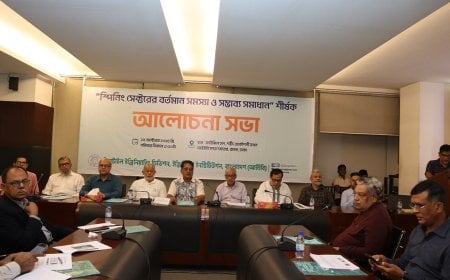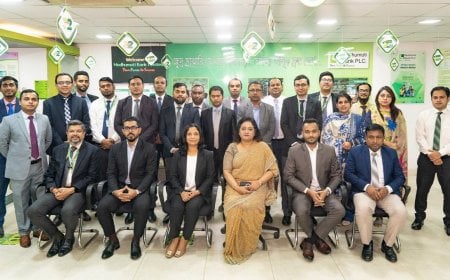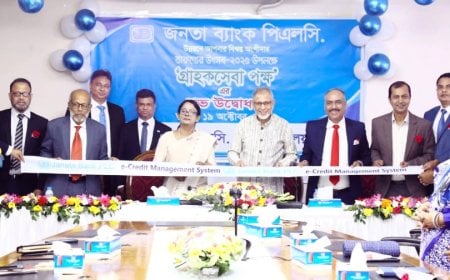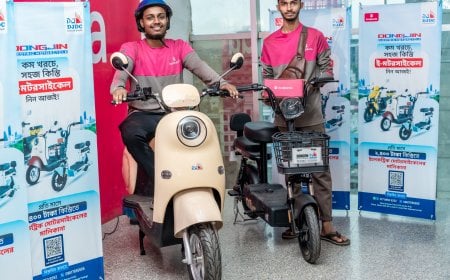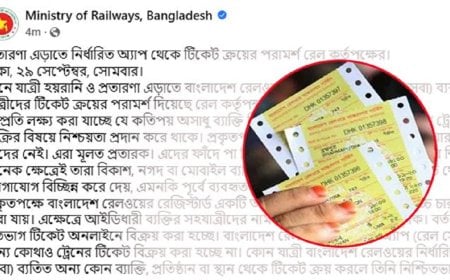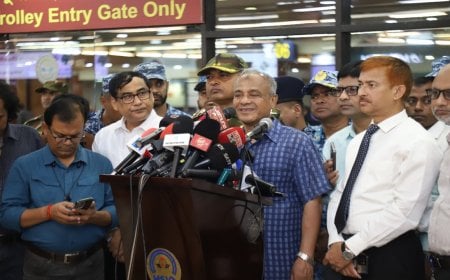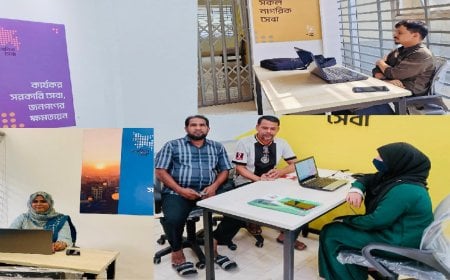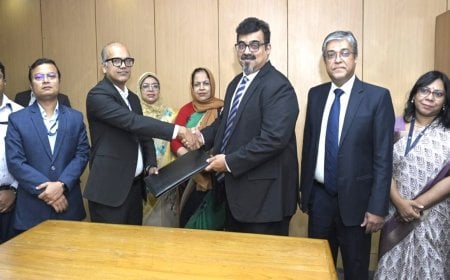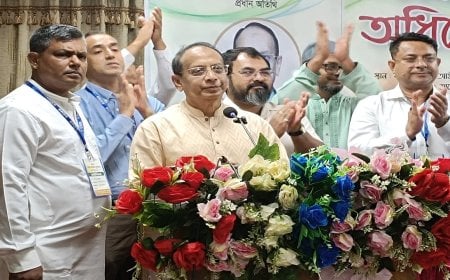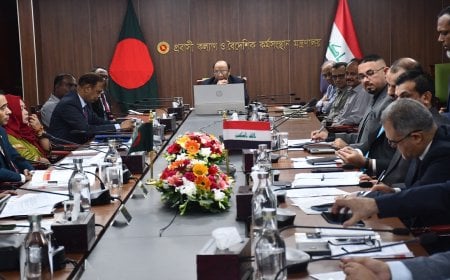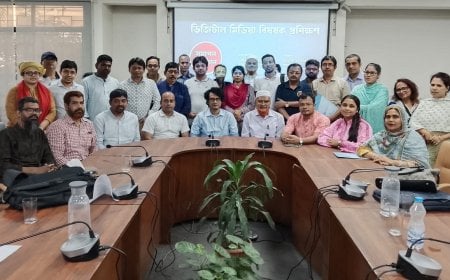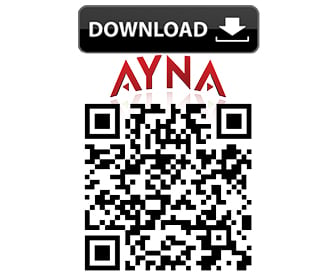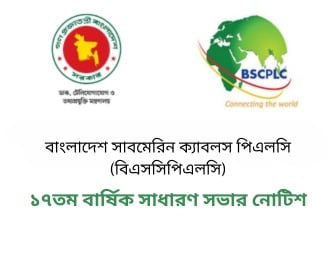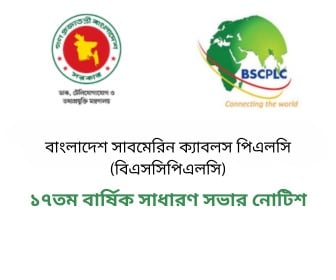Typhoid Vaccines Termed Safe and Halal

The typhoid vaccine is entirely safe, WHO-approved, and certified halal by the Saudi Halal Center, officials confirmed at a recent meeting. The event, held at the Sirajganj Auditorium in Dhaka, was jointly organized by the Expanded Program on Immunization (EPI), UNICEF Bangladesh, and the Health Protection Foundation to celebrate and strengthen the ongoing typhoid vaccination campaign.
Professor Dr. Md. Sayedur Rahman, Special Assistant (State Minister) to the Ministry of Health and Family Welfare, attended as the chief guest. He said, “Recognized by globally renowned scientists and tested for efficacy in all scientific trials, this vaccine has already been administered safely in multiple countries. It is proven effective and safe. Every child should receive the typhoid vaccine.”
The meeting was chaired by Md. Saidur Rahman, Secretary of the Health Services Division, Ministry of Health and Family Welfare. Special guests included Director General of Health Services Professor Dr. Md. Abu Zafar, UNICEF Bangladesh Deputy Representative Deepika Sharma, and WHO IVD Team Lead Dr. Sudhir Yashi. EPI and Surveillance Deputy Director Dr. Mohammad Shahriar Sajjad presented necessary steps to advance and strengthen the vaccination program.
The Bangladesh government has prioritized the campaign, offering free Typhoid Conjugate Vaccine (TCV) to all children aged nine months to under 15 years under the “Typhoid Vaccination Campaign–2025.” The program targets nearly 49 million children, including those studying in madrasas, primary and secondary schools, and children outside formal educational institutions. According to the DHIS2 micro-plan, the precise target is 43,796,453 children. Since the campaign began on October 12, 2025, over 15.54 million children have already received the vaccine. The campaign will continue until November 13, 2025.
According to WHO statistics, approximately 9 million people worldwide contract typhoid annually, with 110,000 deaths. In 2021, Bangladesh recorded 478,000 cases and 8,000 deaths, 68% of whom were children under 15. The disease, caused by Salmonella Typhi, spreads through contaminated water and unhygienic food. Delays in treatment or antibiotic resistance often worsen outcomes. A single dose of TCV can provide long-term protection against this life-threatening illness.
Recent misinformation has raised concerns among some parents about vaccine safety, potential side effects, and compatibility with other vaccines, including COVID-19 shots. Experts clarified, “These concerns have no scientific basis. The typhoid vaccine is fully safe, WHO-approved, and halal-certified. It strengthens immunity, protects against severe typhoid complications, and helps reduce disease risk.”
Bangladesh is the seventh country, following Liberia, Malawi, Nepal, Pakistan, Samoa, and Zimbabwe, to implement a national typhoid vaccination program. Vaccines are administered at all government vaccination centers, community clinics, school-based campaigns, and designated temporary booths in urban and rural areas, ensuring proper storage and safety measures.
The campaign aligns with Bangladesh’s broader immunization achievements, including polio and tetanus eradication, hepatitis control, and 93% HPV coverage. Through the EPI program, vaccines against 11 antigens for 10 diseases—including tuberculosis, diphtheria, measles, hepatitis B, pneumococcal pneumonia, polio, rubella, and tetanus—are provided. TCV has been added as the 12th antigen to prevent typhoid effectively.
Challenges remain, such as unfilled vaccination positions (approximately 40%), including Health Assistants, Assistant Health Inspectors, Health Inspectors, and EPI technical staff. Cold chain technicians remain understaffed in 53% of districts. Budget delays and late HPNSP approvals have occasionally caused vaccine shortages. Geographic disparities, limited urban strategies, and gaps in population data further complicate the campaign.
To strengthen immunization, authorities must promptly fill vacant positions, recruit city-specific vaccinators, ensure timely budget allocations, and maintain cold chain systems. Targeted awareness campaigns and outreach in remote areas are essential. Digital innovations such as E-Tracker, VaxEPI, eVLMIS, and GIS-based micro-planning systems should be expanded sustainably with training, monitoring, and coordination among government, NGOs, and international partners.
The government has allocated BDT 14 billion for vaccination programs, with staff recruitment completed in 24 districts. Vaccine supply shortages are expected to be resolved by November, ensuring smooth nationwide implementation of the campaign.
This initiative reflects Bangladesh’s commitment to safeguarding future generations, highlighting vaccination not merely as an injection but as a pledge to protect children from preventable disease.

